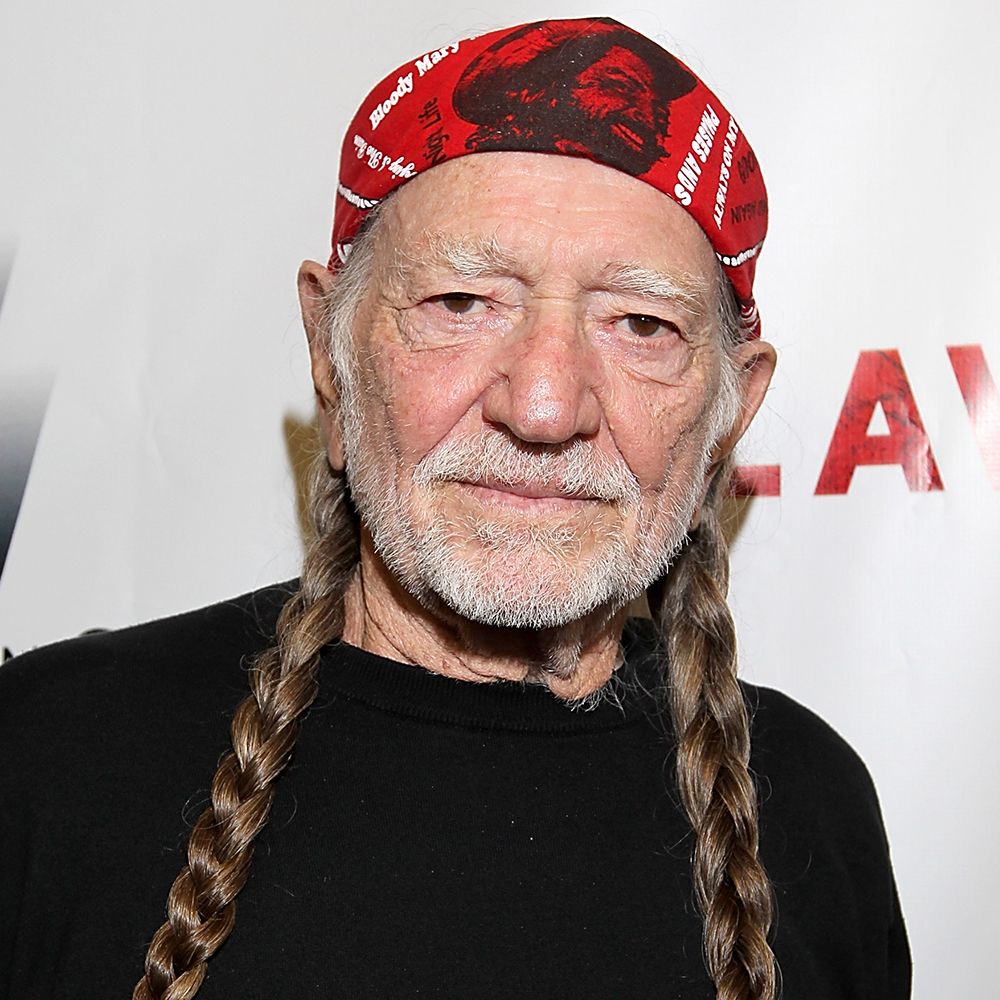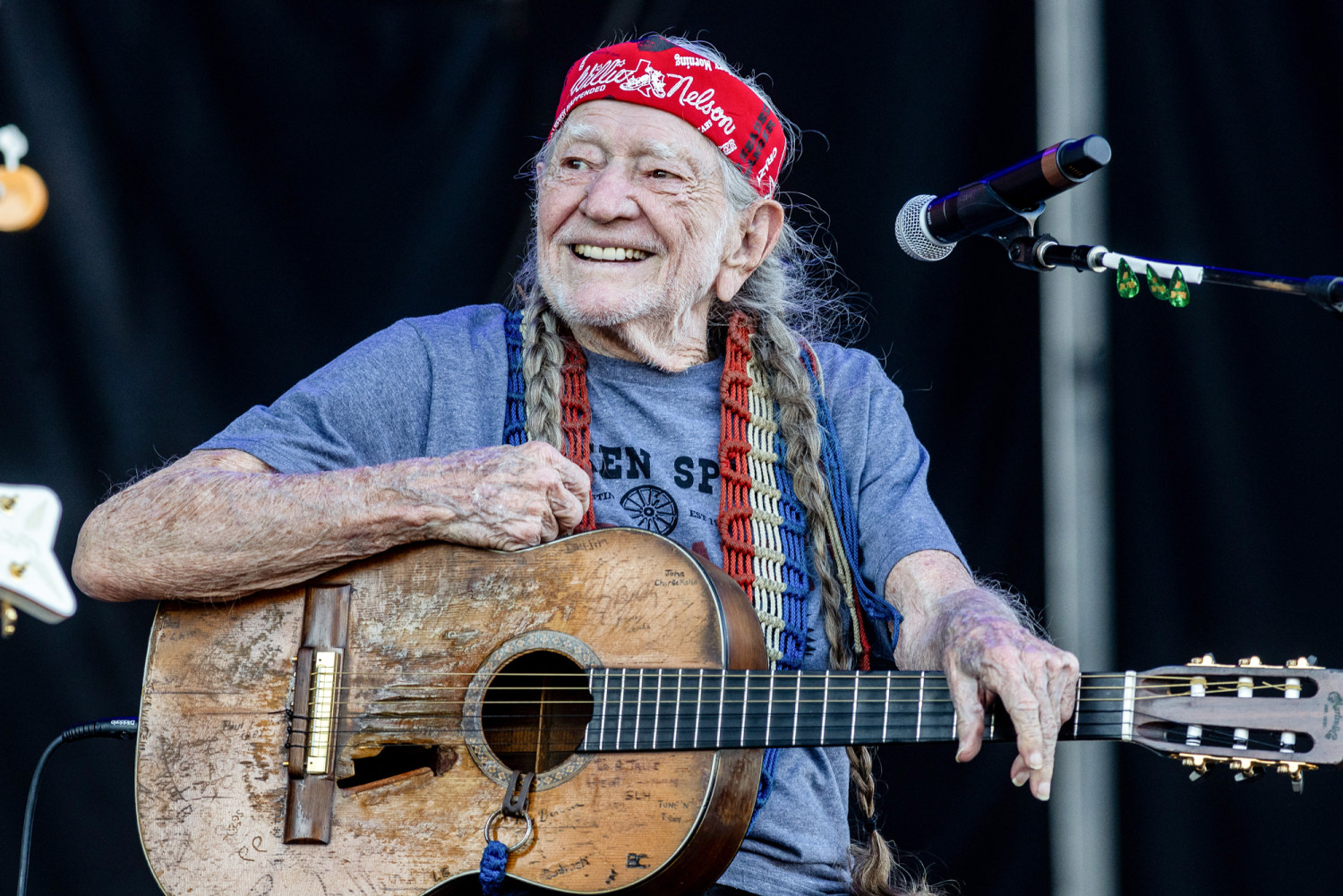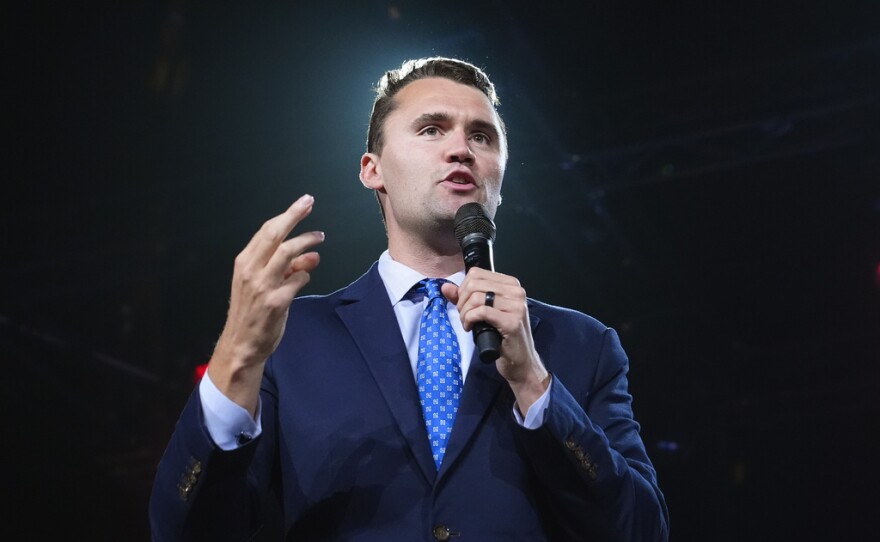At 91 years old, Willie Nelson has nothing left to prove — and yet, once again, he’s proving something anyway.
The country music legend, who has spent over seven decades writing and singing about the heart of America, has set off a national firestorm after announcing that he will boycott the Super Bowl if Bad Bunny performs during the 2026 halftime show.
In his words, it isn’t about music rivalry or celebrity drama. It’s about principle.
“I’m an American,” Nelson said. “I’d rather stand with America than the NFL’s circus.”
It’s a statement that, like Willie himself, is quiet yet seismic — a ripple that’s turning into a wave.
The Spark That Lit the Fire

The controversy began when rumors surfaced that Bad Bunny was in talks to headline the Super Bowl LX halftime show at Levi’s Stadium. The move, meant to showcase the NFL’s growing global reach, didn’t sit well with some fans who felt the event was straying from its roots — from the American traditions that made it more than just a game.
When Willie Nelson was asked about it during an interview in Austin last week, his response came with that signature Texas calm — no anger, no shouting, just conviction.
“The Super Bowl used to be a celebration of the country,” he said. “Now it feels more like a circus. I’m too old to pretend otherwise.”
Moments later, he added the line that’s since been replayed across headlines, talk shows, and social media feeds:
“I’d rather be part of something All-American.”
He was referring to his decision to support Turning Point USA’s “All-American Halftime Show,” an alternative event honoring the late Charlie Kirk’s legacy — a faith-, family-, and freedom-centered production that aims to bring back “the heart and soul of America’s music.”
And just like that, Willie Nelson wasn’t just talking about football anymore. He was talking about the soul of the nation itself.
The All-American Alternative
:max_bytes(150000):strip_icc():focal(756x233:758x235)/Willie-Nelson-122223-2-887236f1bdfc4d82906a1f615405673b.jpg)
The All-American Halftime Show, organized by Turning Point USA and now helmed by Erika Kirk, has quickly become a cultural flashpoint.
Positioned as a “patriotic, family-oriented alternative” to the official NFL halftime spectacle, the event will feature performances by artists from across genres — country, rock, and gospel — and focus on themes like unity, faith, and gratitude.
Nelson’s decision to align himself with the show isn’t just a boycott; it’s an endorsement of a vision that feels, to him, like a return home.
“Music’s supposed to bring people together, not divide them,” Nelson said. “I don’t care who’s singing — if the message is love for this country, I’ll stand behind it.”
Erika Kirk expressed deep gratitude for Nelson’s support.
“Willie’s heart has always been bigger than his fame,” she said. “This show isn’t about exclusion — it’s about inclusion. About reminding people that America’s still worth singing for.”
The Internet Explodes

Within hours of his comments, social media was ablaze.
Hashtags like #WillieNelson, #SuperBowlBoycott, and #AllAmericanHalftimeShow dominated platforms like X (formerly Twitter), Facebook, and Instagram.
To some, Nelson’s stance was nothing short of heroic — a stand for timeless values in an age of cultural confusion.
“Willie’s standing up for what matters,” one fan wrote. “Faith. Freedom. Family. He’s 91 years old and still has more backbone than half of Hollywood.”
To others, it was disappointing — a betrayal of his reputation as a unifying figure who has always sought to bridge divides.
“This isn’t the Willie I grew up with,” one critic said on social media. “The man who sang about peace and love is now joining a political movement. It’s heartbreaking.”
But the truth, as always, lies somewhere in between.
Willie Nelson isn’t new to controversy. Throughout his life, he’s spoken out on issues from the Vietnam War to farmers’ rights to marijuana legalization. What’s different now is the tone of the times — a moment when every opinion, however sincere, becomes a battlefield.
A Career Built on Conviction

To understand this moment, you have to understand Willie Nelson.
Born during the Great Depression, raised on gospel hymns and cowboy songs, he came of age in an America that looked very different from today’s. His songs — Blue Eyes Crying in the Rain, On the Road Again, Always on My Mind — aren’t political statements; they’re portraits of humanity.
For Willie, country music was never just about twang and heartbreak — it was about truth.
“I write about people,” he once said. “The ones working the land, trying to raise a family, doing their best to do what’s right. That’s America to me.”
That sentiment has been his compass through fame, failure, tax troubles, activism, and triumph. It’s why he still tours, still sings, and still speaks out — because to him, freedom means honesty, and honesty means saying what you believe, no matter who disagrees.
A Clash of Cultures

Willie Nelson’s statement hits at a deeper cultural divide that’s been building for years — one that goes far beyond the NFL.
The Super Bowl, once a near-sacred American ritual, has increasingly become a reflection of the country’s cultural battles. Each year’s halftime show seems to carry more controversy than melody — debates over patriotism, inclusion, messaging, and morality.
This year, that debate reached a breaking point.
Nelson’s decision to step away from what he calls “the NFL’s circus” isn’t a rejection of diversity or progress — it’s a rejection of division as entertainment.
“We used to cheer for the same team,” he told reporters. “Now it feels like the game’s the least important part of it.”
A Nation Divided — and a Musician Trying to Mend It
As the headlines grow louder, the irony isn’t lost on anyone that Willie Nelson — a man who’s spent his entire life preaching unity — now finds himself at the center of division.
But perhaps that’s exactly the point.
At 91, he’s not interested in playing it safe or staying silent. He’s trying, in his own way, to remind people of something we’ve forgotten: that patriotism and compassion don’t have to be opposites.
“I don’t care how people vote,” he said. “I just want them to care. About the country. About each other. About something bigger than all of us.”
Fans, Friends, and Fellow Artists Respond
Across the entertainment world, reactions have poured in.
Reba McEntire praised his courage, saying, “Willie’s earned the right to speak his truth. He’s seen America at its best and worst — and he’s still singing for her.”
Chris Stapleton, another artist known for bridging political divides, added, “It’s Willie. He’s never followed trends — he follows his heart. That’s why we love him.”
Even those who disagreed with him admitted respect for his honesty. “You can’t cancel authenticity,” one music critic wrote. “And Willie Nelson is authenticity in its purest form.”
Willie Nelson and the Long Road Ahead

As the Super Bowl approaches, the spotlight grows brighter — and so does the debate.
Will the NFL respond? Will other artists follow his lead? Or will this all fade into another social media storm, gone by Monday morning?
No one knows. But one thing is clear: Willie Nelson still matters.
In a world of disposable fame and fleeting opinions, he remains a constant — a symbol of integrity, independence, and the enduring belief that music still has power.
“You don’t stop loving your country when it changes,” he said. “You remind it who it is.”
The Last Word
Whether you see his boycott as brave or misguided, one truth remains: Willie Nelson is still doing what he’s always done — standing for something, not against someone.
He’s never chased headlines; they’ve always chased him. And in this latest chapter, he’s doing what he’s done best for over 70 years: using his voice not just to sing, but to stand.
“I’d rather stand with America,” he said, “than sit through another circus.”
And maybe — just maybe — that’s not about the Super Bowl at all.
Maybe it’s about us.